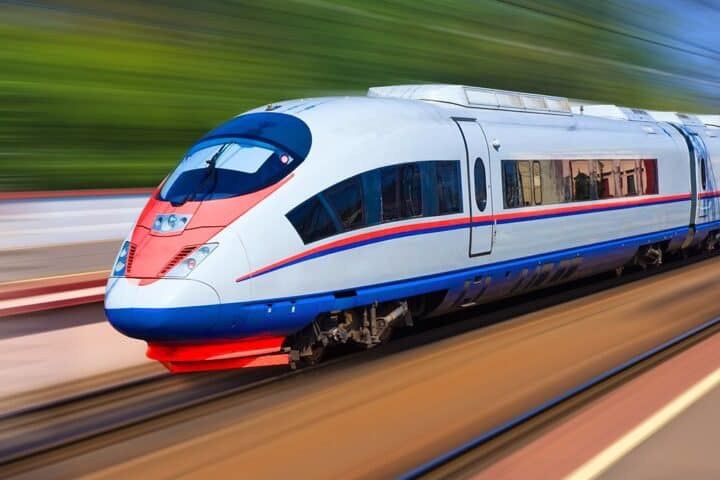Waymo, an Alphabet unit, initiated a voluntary recall for its driverless cars after consulting with the NHTSA due to incidents in Phoenix involving robotaxis and a towed vehicle. The recall, focusing on software updates to improve autonomous vehicle safety, was prompted by Waymo’s commitment to the federal regulator to enhancing driverless ride-hailing services and addressing ADS prediction challenges.
On Tuesday the 7th February afternoon in San Francisco’s Potrero Hill neighborhood, a collision between an unmanned Waymo vehicle and a cyclist raised concerns about the safety of intelligent automaker technologies. This incident follows another serious occurrence where a Cruise robotaxi, belonging to a competing intelligent automaker, struck a pedestrian in October, leading to a nationwide recall of Cruise’s fleet. The San Francisco Police Department reported that the collision with the cyclist occurred around 3 p.m. at 17th and Mississippi streets, resulting in non-life-threatening injuries for the cyclist. The exact cause of the collision is under investigation, with no immediate details on the dynamics between the cyclist and the autonomous vehicle.
Visibility Issues and Autonomous Vehicle Safety
Waymo, in response to the incident, stated that visibility issues contributed to the accident. A large truck in the intersection obscured the cyclist, who then unexpectedly crossed into the Waymo vehicle’s path, leading to the collision despite the vehicle’s attempt to brake heavily. This event underscores the complexities faced by autonomous vehicles in urban environments.
Challenges Facing the Autonomous Vehicle Industry
The recent incidents involving Waymo and Cruise, along with the broader debate around Tesla’s marketing of its Autopilot and Full Self-Driving capabilities, highlight the ongoing challenges facing the autonomous vehicle industry. These challenges include technological limitations, regulatory compliance, public safety, and ethical considerations surrounding the deployment of autonomous vehicles in urban environments. As the industry strives to advance, ensuring the safety of all road users remains a paramount concern, necessitating continued innovation, rigorous testing, and transparent communication with regulatory bodies and the public.
Waymo Initiates Voluntary Recall to Enhance Software Safety
Waymo, a leading name in autonomous vehicle technology under Alphabet’s wing, has taken a proactive step by filing a voluntary recall notice with federal vehicle safety regulators. This move, announced on Tuesday, marks a significant first for Alphabet’s self-driving vehicle unit, emphasizing its commitment to safety and reliability. In a related development, Waymo has announced a voluntary recall of software previously utilized in their driverless cars after two robotaxis in Phoenix collided with a towed pickup truck in separate incidents on December 11, 2023. The company emphasized that the collisions resulted in minor vehicle damage and no injuries, with no passengers present in the vehicles at the time. The recall, done in consultation with the National Highway Traffic Safety Administration (NHTSA), involves a software update to correct prediction errors related to the motion of towed vehicles. Waymo’s spokesperson highlighted that the software updates were implemented during regular maintenance and did not disrupt their ride-hailing service.
Software Update to Predict Towed Vehicle Motion
Katherine Barna, a spokesperson for Waymo, explained that the company’s automated driving system (ADS) had incorrectly predicted the future motion of a towed vehicle. To rectify this, Waymo included a software update in their recall to specifically address this prediction issue. The update process was carried out when the vehicles returned to Waymo depots for regular maintenance and recharging, ensuring that the fix was implemented efficiently without resorting to over-the-air or remote software updates. This meticulous update process was completed by January 12, ensuring no disruption to Waymo’s ride-hailing service, Waymo One.
Expanding Autonomous Ride-Hailing Services
Waymo currently operates Waymo One, its driverless ride-hailing service, in multiple cities including Phoenix, San Francisco, Los Angeles, and Austin. The fleet consists of approximately 700 vehicles, with a significant presence in each of the fully autonomous service areas. This expansion reflects Waymo’s confidence in its technology and its vision for the future of transportation.

Navigating Public Perception and Regulatory Challenges
The autonomous vehicle industry faces its share of challenges, from public backlash concerning safety and the impact on drivers’ jobs to regulatory hurdles. Waymo, however, has generally received less public criticism compared to its competitors, thanks in part to its effective public affairs efforts and transparent communication with regulatory agencies like NHTSA and local first responders. This has been instrumental as Waymo continues to drive innovation, boasting 10 million fully autonomous miles and serving over one million ride-hail trips.
Competitive Landscape and Regulatory Actions
The landscape for autonomous vehicles is competitive and fraught with regulatory scrutiny. Recent actions by the California Department of Motor Vehicles suspending Cruise’s deployment and testing permits highlight the tightrope these companies must walk. Similarly, Tesla faces accusations from the California DMV over potentially deceptive marketing of its driver assistance systems.
Despite these challenges, incidents such as a recent collision with a cyclist in San Francisco and the deliberate setting ablaze of a Waymo vehicle show the hurdles autonomous vehicle companies must overcome in public perception and safety assurance.











